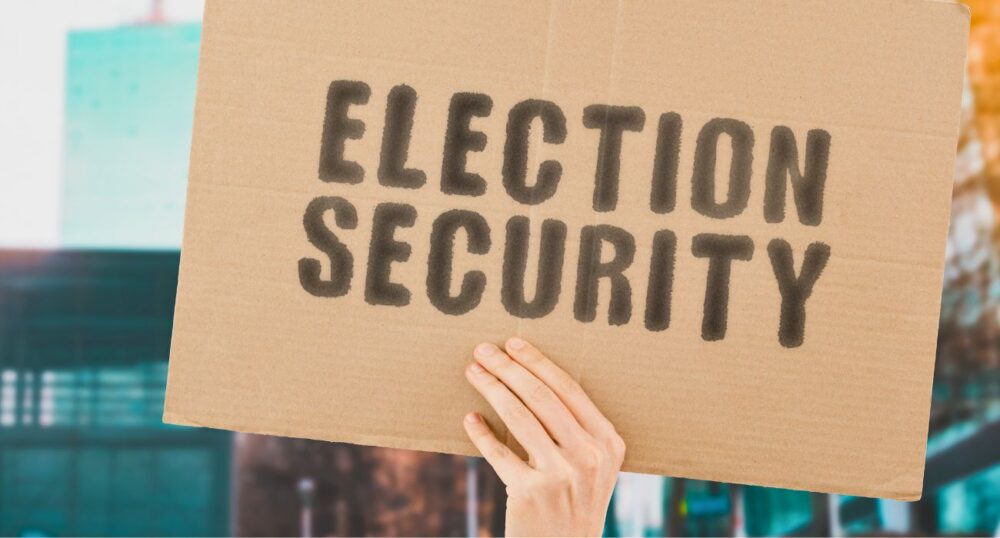The Texas secretary of state issued a new election advisory aimed at protecting election integrity and ballot secrecy.
“In light of recent events that have highlighted how publicly available records may be used to impact a voter’s right to a secret ballot, our office has revised the standards for certification of an electronic pollbook system. Those revised standards prohibit the generation of ballot numbers using electronic pollbook systems or using peripheral devices that directly connect to electronic pollbook systems,” the June 27 advisory stated.
“Jurisdictions using those systems are now required to use ballot numbering methods that do not involve the use of the electronic pollbook system or peripherals that are directly connected to those systems,” the advisory added.
The issue of ballot secrecy came to the fore in late May when the independent news outlet Current Revolt published what it claimed was the ballot of former Texas Republican Party Chair Matt Rinaldi. The news outlet reported that various methods can be used to match a ballot to a particular voter, including using publicly available data to cross-reference with names on election rolls.
An election advisory issued on June 6 directed counties to “redact any information that would connect a voter to their ballot choices.” This could include the location where the voter cast the ballot, the precinct where the ballot was cast, and polling place identifiers such as ballot numbers, either electronic or pre-printed.
Another method of identifying voter ballots, as outlined in a lawsuit filed by Laura Pressley of True Texas Elections, an election security firm, highlights the randomly generated numbers produced by some voting machine systems as the key to tracing the ballot back to the voter, according to Current Revolt.
In the wake of these revelations, the Texas House Elections Committee held a hearing regarding the challenges of ensuring that ballots can be audited to maintain election integrity while maintaining voter secrecy.
Currently, Texas counties use either Hart or Election Systems & Software (ES&S) for their electronic voting systems, and each system operates a little differently, reported Texas Scorecard.
Voters in counties using the Hart system are given a code at check-in to input into the voting machine, which then generates a random number for the ballot, completely independent of the internet or the electronic pollbook.
In counties using ES&S systems, voters are given a ballot with a number generated by software connected to the electronic pollbook. This is the system that is affected by the new election advisory. Counties that use ES&S — about half the counties in the state — will now be required to pre-print sequentially-numbered ballots, reported Texas Scorecard.
Some election integrity leaders have praised the move.
“The Secretary of State’s office made a great decision to break the potential tie between voters and their ballots while increasing auditability,” said the president of Advancing Integrity, Christine Welborn, per Texas Scorecard.


